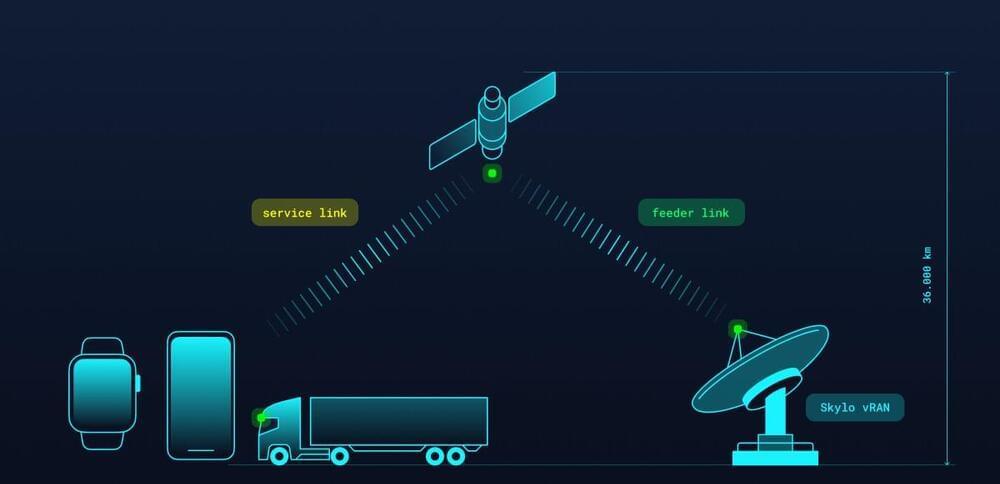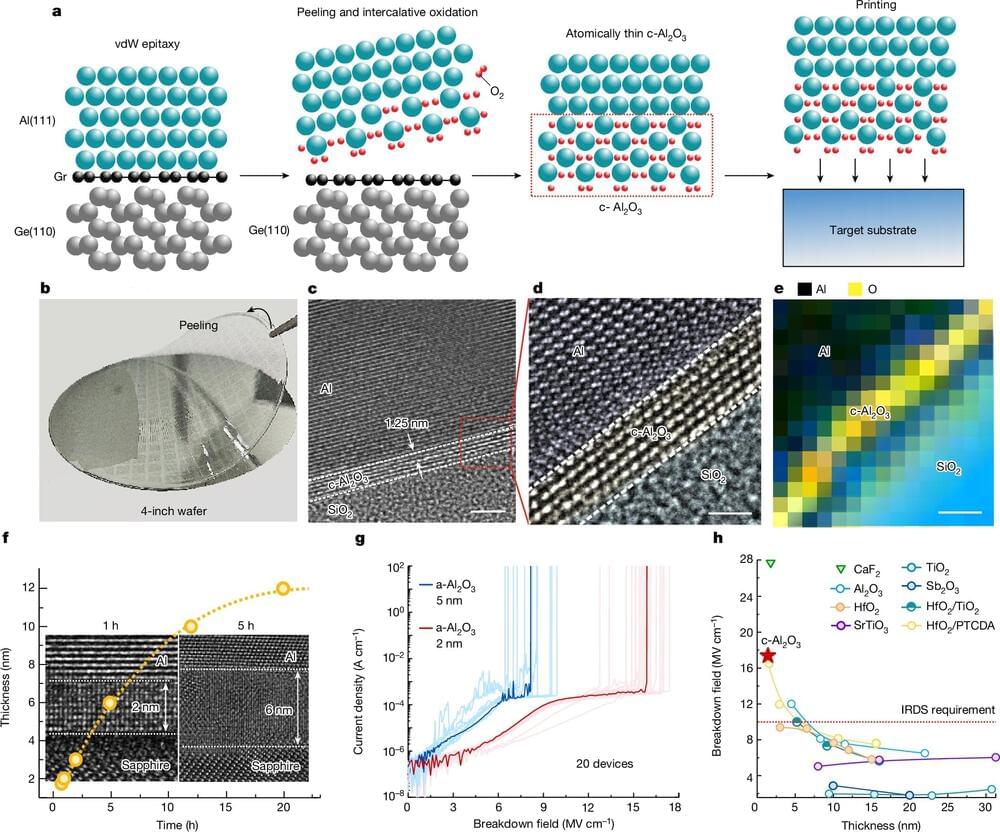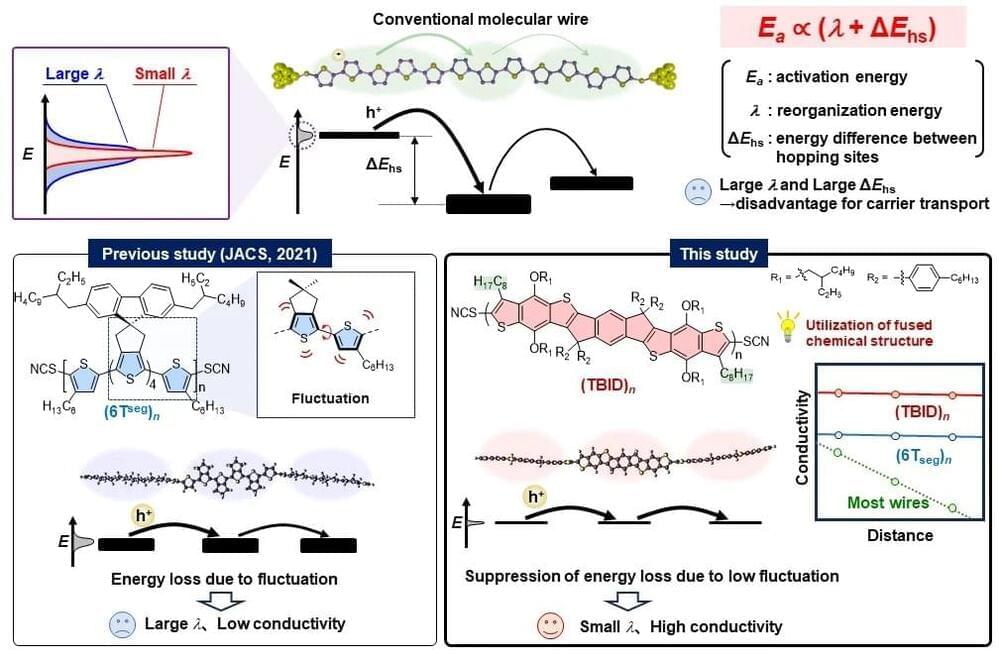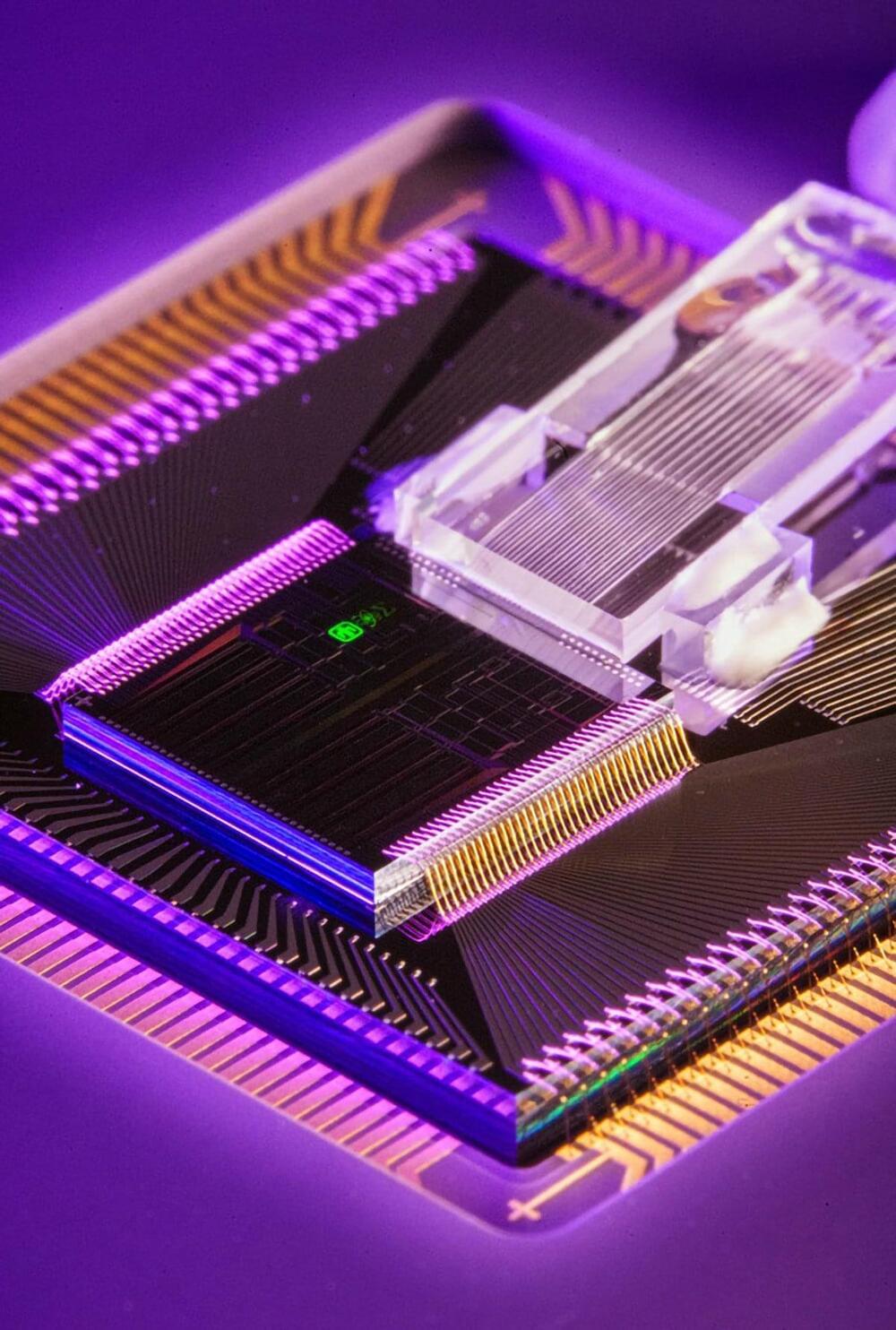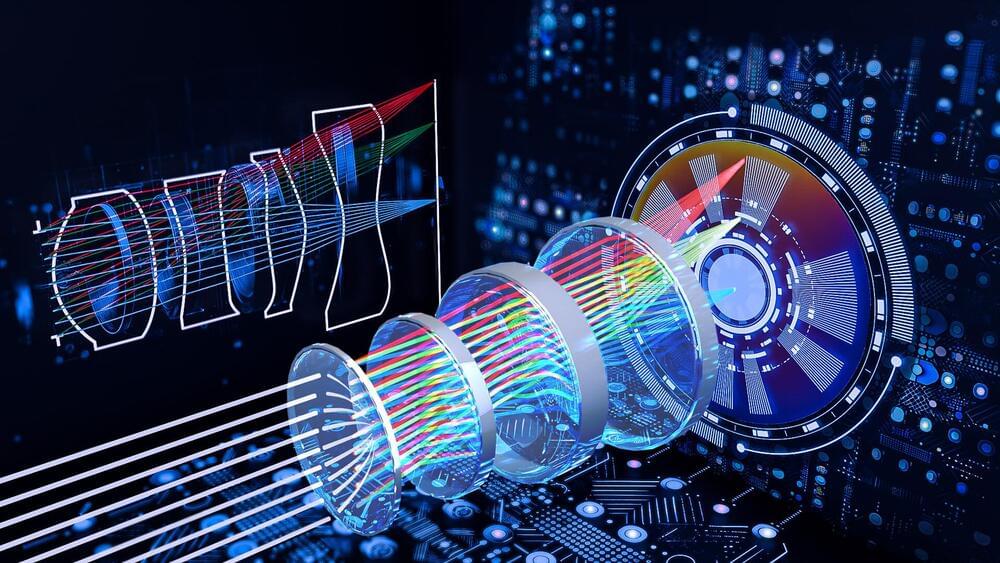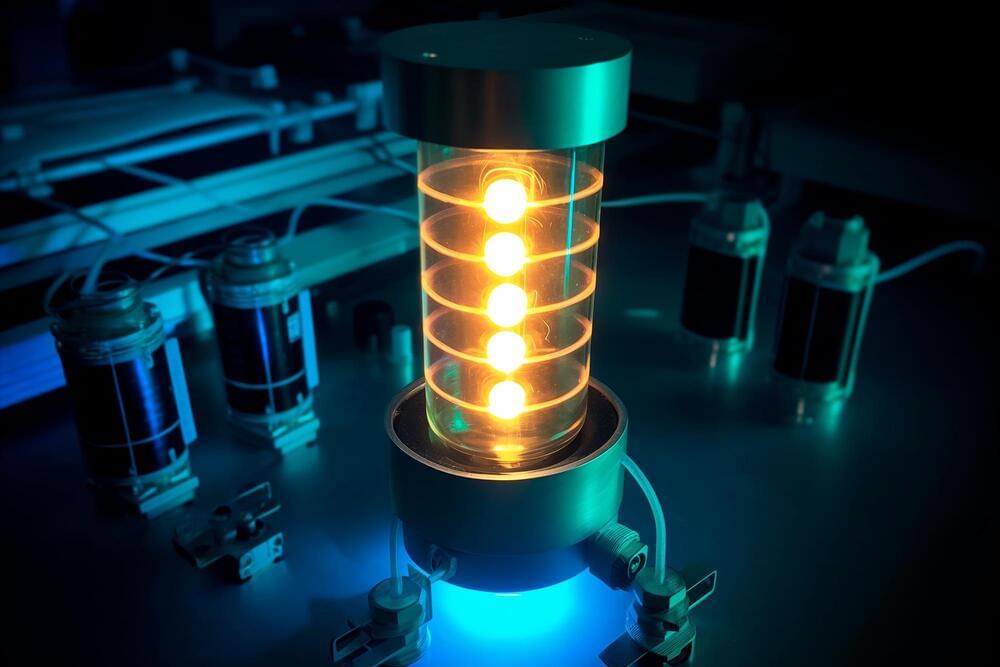TAMPA, Fla. — Verizon is launching satellite-enabled emergency text and location services this fall for compatible Android smartphones in the United States at no extra cost for customers.
The telecoms giant announced a partnership Aug. 28 to deliver the service with Skylo, which has developed ground infrastructure enabling L-band geostationary satellites to reach devices using the latest standards-based chipsets.
Google’s family of Pixel Pro devices and the Samsung Galaxy S25 are set to be among the first to get access to Skylo’s partner satellites, enabling emergency narrowband connectivity when cell towers are out of reach.
